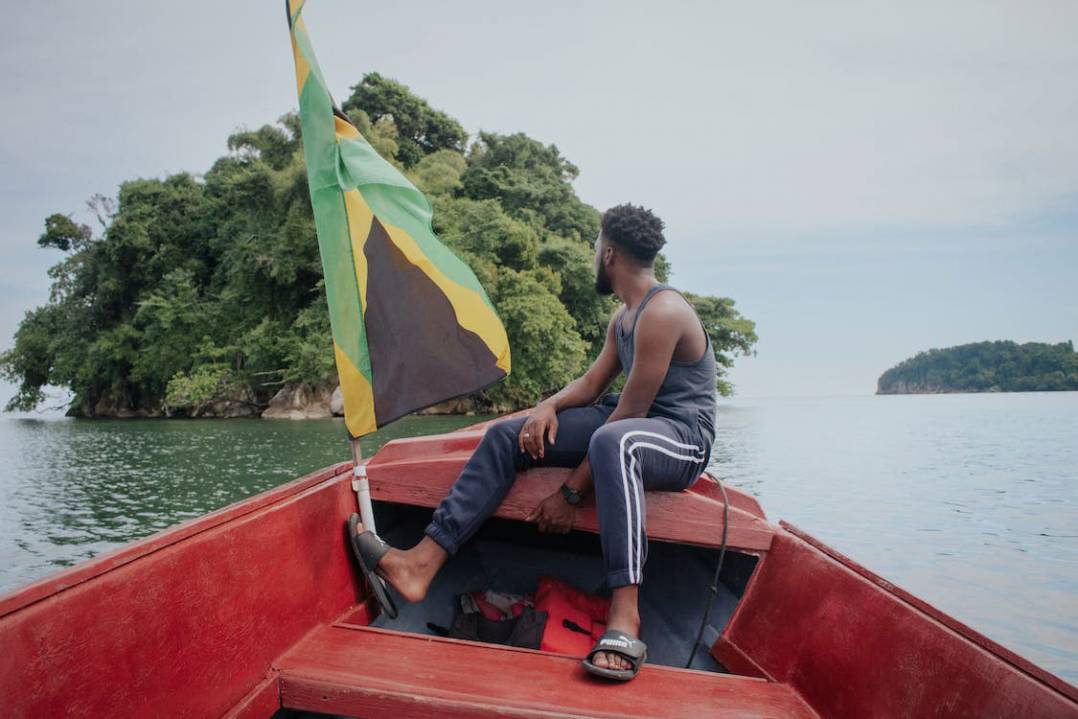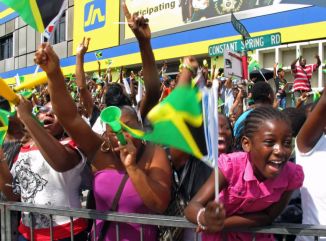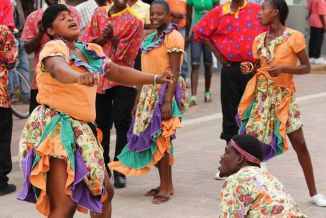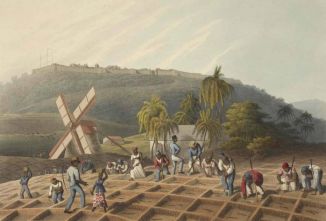"Wah gwaan, suh yuh waah fi know bout di Jamiekan lanwijj? Yuh deh a di rite place."
If you were a bit puzzled by what I just said, it translates to "What's up, so you want to know about the Jamaican language? You came to the right place."
Jamaican Patois, often mistaken for a mere accent, is way more than that—it's a creole language that resonates with millions and dances between familiarity and uniqueness, captivating both locals and curious minds worldwide.
What exactly is Jamaican Patois?
Jamaican Patois, also known locally as 'patwa' or 'patwah,' is an English-based creole language unique to the island of Jamaica.
It's not just how we speak, it's how we feel, how we laugh, how we grieve. It's not just words, it's history, it's rhythm, it's home. See, Jamaican Patois is more than an accent; it's a mix of English, African tongues, and a few bits from other languages that make it uniquely ours.
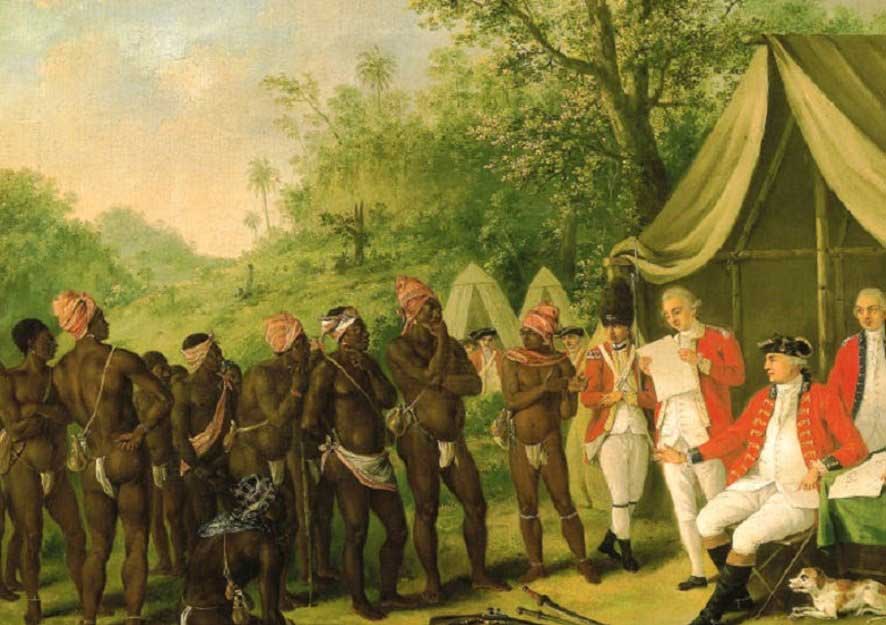 The English Colonization Period in Jamaica
The English Colonization Period in Jamaica Originally emerging as a means of communication among enslaved Africans, European colonizers, and indigenous peoples, Patois evolved organically. It's a mix of African languages from West Africa, English, and bits from Spanish, Irish, and Scottish folks who settled there. This mix created a language that's all about strength, creativity, and what makes Jamaica, Jamaica.
If you're keen to explore its evolution and journey, you can check out the history of Jamaican Patois here.
What Makes Jamaican Patois Special
Alright, let's talk about what makes Jamaican Patois stand out! It's not just a way of talking; it's got its own cool features that make it different from regular English. We're diving into the nitty-gritty of its grammar, pronunciation, and some of the awesome words that give Patwa its lively vibe.
Grammar and Pronunciation in Patois:
Patois has its own way of putting sentences together that might seem different from regular English. Here are a few key things to notice:
- Simplified Phrases: Instead of saying "I am going," in Patois, it's more like "Mi a guh." The "am" gets dropped, making it simpler and smoother.
- Unique Pronunciations: Vowels and consonants sometimes get a makeover. For example, "ting" stands in for "thing," and "weh" means "where". Sometimes though the "th" sound is replaced with "d", so "them" becomes "dem", "that" transform into "dat" and "this" turns into "dis".
Vocabulary
One cool thing about Patois is the words you'll hear that might sound different from regular English. There's a bunch of words with roots in African languages that got mixed in, giving Patois its unique flavor. For instance, "nyam" means "eat," "bruk" is "break," "big up" is about showing respect, and "irie" is like saying something's all good. These words add spice and depth to how people express themselves in Patois, making it colorful and full of character.
Patwa: The Heartbeat of Jamaican Culture
Jamaican Patois isn't just words; it's a vibe that connects us all in Jamaica. It's in the lively talks at the market, the laughter with friends, and the stories shared at family gatherings. It paints a colorful picture of our culture, making every conversation a vibrant experience.
Influence in Music and Art
 Jamaican Singer Bob Marley
Jamaican Singer Bob Marley Jamaican Patois is the secret sauce that makes reggae and dancehall music pop! It's not just words; it's the soul of lyrics that jam across the globe, singing about love, justice, and bringing everyone together.
Patwa isn't just a music thing though, It spices up stories, poems, and art, showing off its many sides and making everything a bit more colorful and real. It's like the cool kid at the party, making everything awesome!
The Future of Jamaican Patois
For a while, Patois faced judgment and was seen as something "lesser." Many viewed it as inferior or not as "proper" as English. It faced unfair judgment, tagged with labels that undermined its richness.
But things are changing! People are starting to see its real value and how it's a big part of our culture. There's a push to give Patois the recognition it deserves as a crucial piece of Jamaican heritage.
More and more folks are stepping up to make sure Patois doesn't fade away. They're working hard to keep it alive and kicking for the next generations. Recognizing Patois as an official language in Jamaica is a massive win in showing how important it is to us.
The future of Patois is brighter than ever! As we celebrate and embrace its uniqueness, Patois will continue to stand tall, a proud symbol of our culture and where we come from.
Now that you know what Jamaican Patois is, if you want to learn how to speak Patwa, check out this article.

